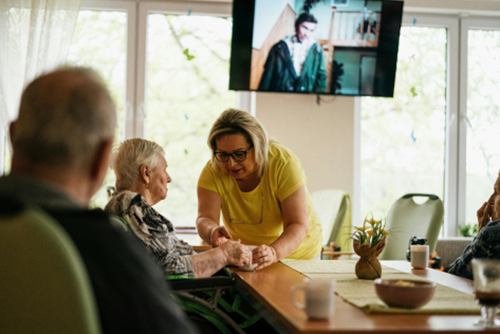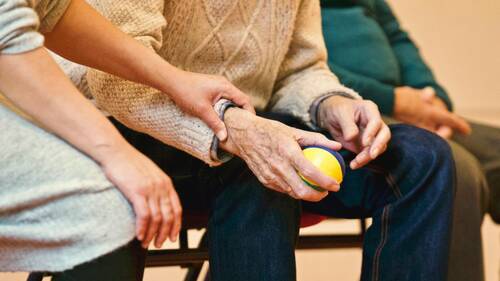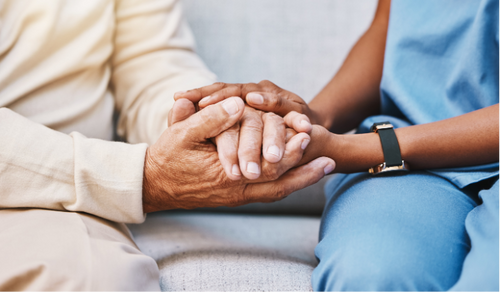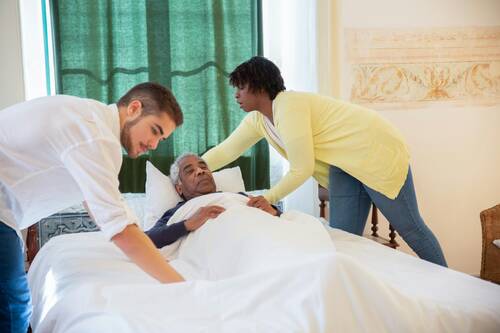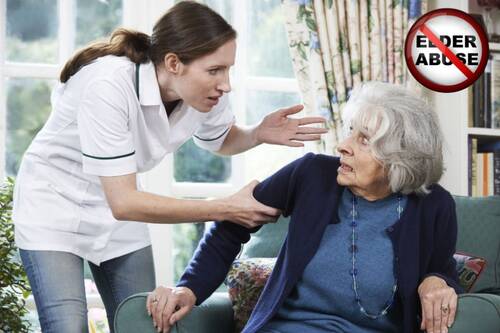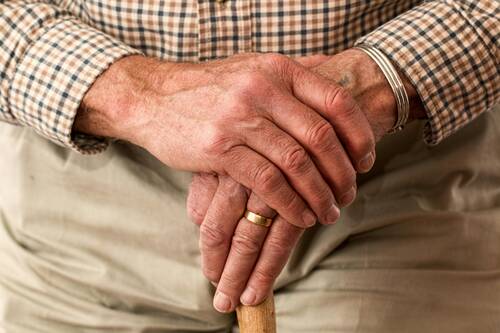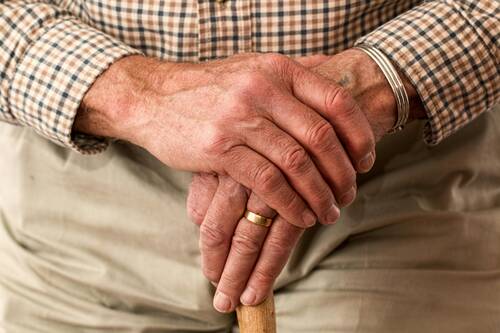Nursing home neglect scares families with aging loved ones. The thought of
caregivers letting down our loved ones breaks our hearts. Sadly, bad cleaning habits, injuries nobody looks at, and leaving old people alone happens more than most people know. This article will show you the signs to watch for, how to help stop neglect before it happens, and the steps to take when you think your loved one isn't being cared for the right way.
Recognizing the Signs of Nursing Home Neglect
We often think nursing homes take good care of our loved ones, but little signs can show something else. Skipped meals, dirty clothes, or no one coming when they press the button may not seem big at first, but they can show neglect over time. If this keeps happening, families might ask
whether you can sue a nursing home for negligence and what other options they have.
However, the pattern gets clearer when you look at how your loved one looks and feels. Losing weight without trying, sores from lying in bed too long, or getting sick a lot could mean they're not getting basic care. Even when they start acting differently (like not taking much, seeming worried, or suddenly scared), it might mean someone is being mean or just not paying attention to them.
Catching these red flags early can help, but stopping problems before they start matters just as much. Families should visit often, ask questions, and take action before neglect happens. Looking into
helpful resources for senior care and support can show you ways to ensure they get better care. In the next section, we'll discuss steps to make all this happen.
(more…)
